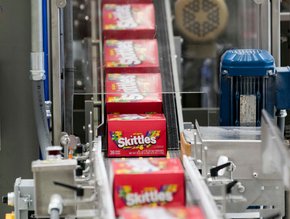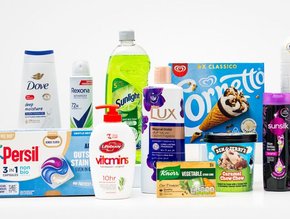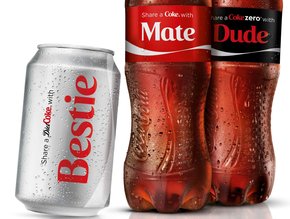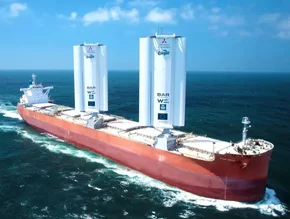Unilever Pioneers Carbon Footprint Labelling System
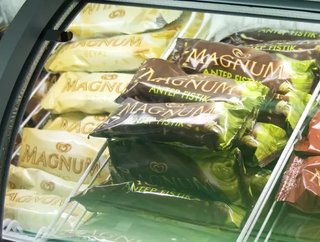
The development of sustainability strategies is important for improving upon the environmental effects of retail. Unilever - the owner of brands like Magnum, Pot Noodle, Hellmann’s, and the famously acquired taste, Marmite - has been noticed for its efforts to convert to sustainable product packaging, and now it will go one step further to improve the visibility of product carbon footprints in retail stores. The company will introduce carbon footprint labels to its range of consumer food products.
Provide Food Sustainability Insights to Consumers
Not to be confused with the sustainability traffic light system, Unilever will roll out carbon footprint labels for the first time. The labels mark an important step in the company’s strategy as it provides information to consumers about a product’s cost to the planet.
The initial rollout will involve labelling of up to two dozen products in the regions of Europe and North America and could make an appearance on products that are sold in UK supermarkets by the end of 2022. The company’s end goal is to have its entire product range labelled within five years while also discussing the concept of ‘carbon-neutral’ or ‘carbon-friendly’ aisles in supermarkets - similar to ‘vegetarian’ and ‘free from’ aisles.
The initiative initially came as British Prime Minister Boris Johnson appointee, Henry Dimbleby, targets food’s health and sustainability credentials. Dimbleby has also been recognised for his work promoting the need for a salt and sugar tax across the UK.
The National Food Strategy - carbon footprint labelling - promotes the potential for the Food Standards Agency to work with the government to “develop a harmonised and consistent food-labelling system”. It also said, “Creating a simple and consistent method of labelling would ensure that all shops and manufacturers give us the same kind of information about our food. Having to record information about the environmental impact of food production could also influence the way that manufacturers make their products.”
Marc Engel, Chief Supply Chain Officer at Unilever - Feature in the May issue of Supply Digital magazine, says, “We are halfway to ‘knowing’ what the carbon footprint of our product range is and we think now is the moment to begin ‘showing’. Our market research shows that younger consumers especially are very impacted by climate change and are keen to use their buying behaviour to send a message. We intend to roll out carbon labels on our entire product range over the next two to five years and believe it will transform not only the actions of consumers but of the thousands of businesses in our supply chain as well.”

